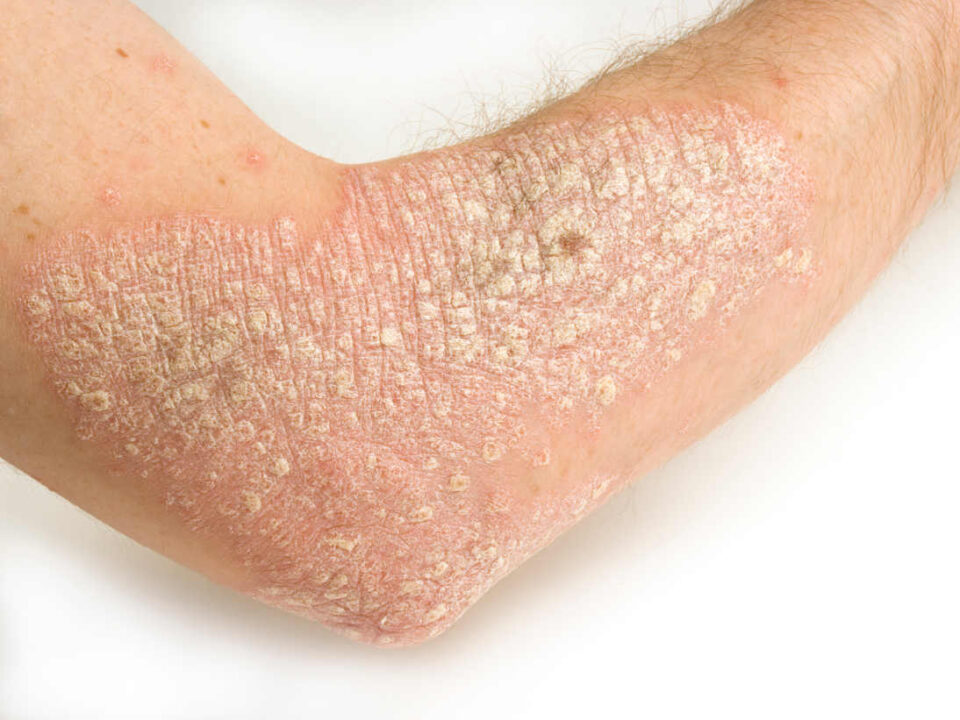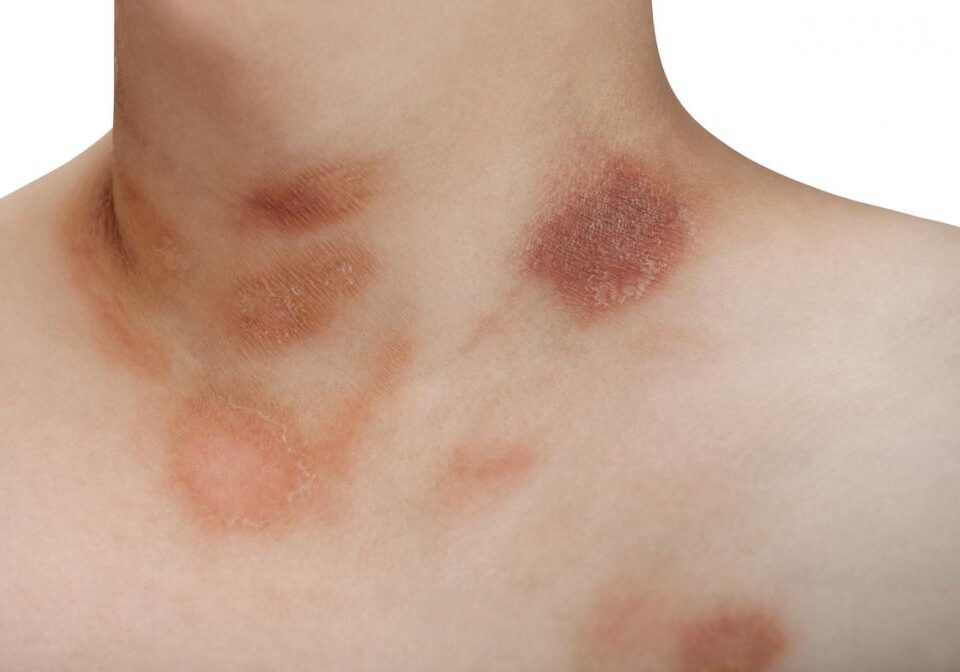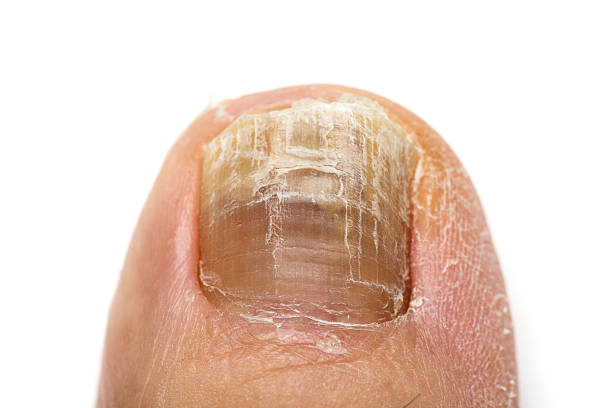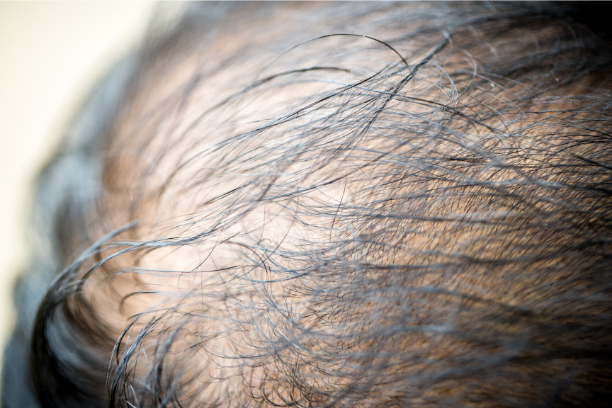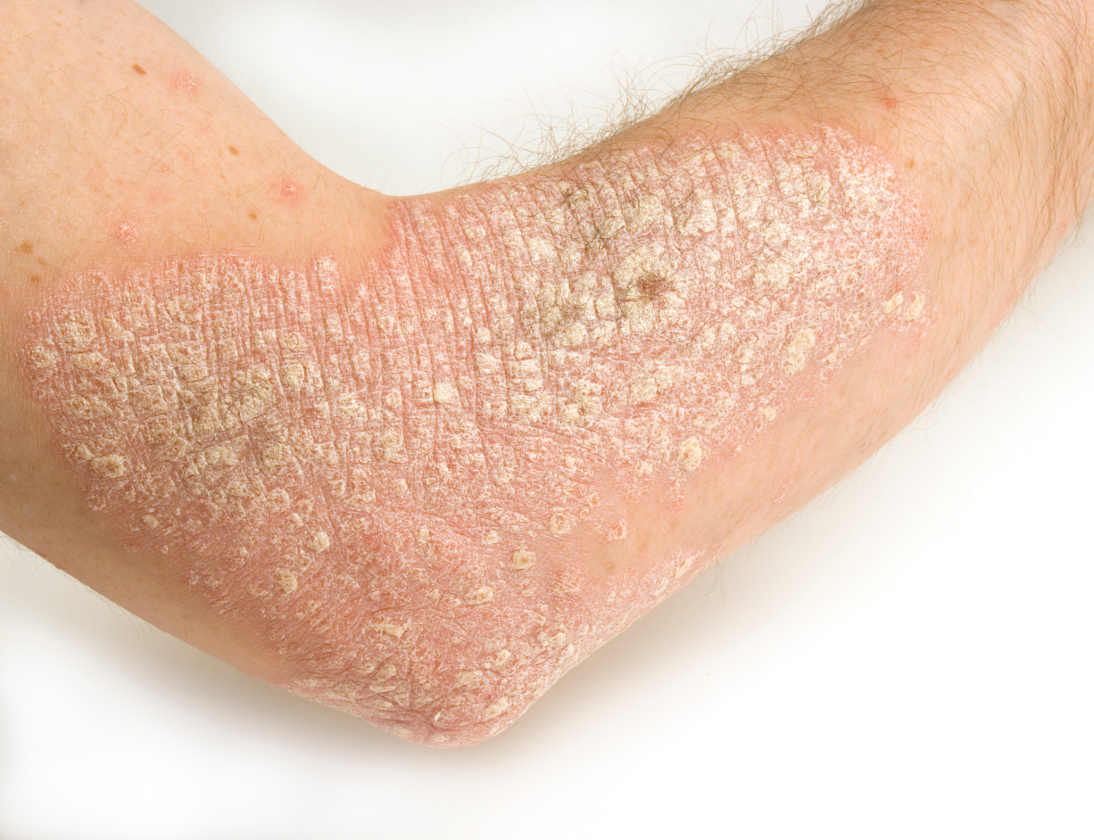
Psoriasis
13 September 2022
Acne
13 September 2022The word ‘dermatitis’ means inflammation of the skin. The terms ‘dermatitis’ and ‘eczema’ are synonymous. The word ‘eczema’ comes from the Greek for ‘boiling’ and refers to the tiny vesicles (bubbles) that are often see in the early stages of disease.
There are several types of eczema, but the causes and symptoms are very similar.
Types of eczema
Contact or Allergic Dermatitis results from an allergic reaction to something the person has come into contact with such a cosmetic, soap, fabric or chemical. Contact dermatitis affects up to 14% of the population and can develop at any age.
Atopic Eczema refers to eczema that occurs on parts of the body not in contact with an irritant. 10-12% of the population is affected by Atopic Eczema, with children under 5 years old being most affected.
Eczema can be described as acute, sub-acute or chronic, while the cause of the dermatitis may be environmental or food reactions.
Acute eczema typically presents with weeping and crusting, blistering vesicles, a rash with redness and swelling, itching and scaling.
Chronic eczema has less weeping and blistering, and is more scaly with dry thickened skin and itching.
Causes or triggers
The external factors that may cause contact dermatitis include topical drugs, plants, cosmetics, metal compounds, dyes, detergents, chemicals, latex, wool, synthetic fibres, mineral oils, and bacterial or fungal pathogens. Environmental factors that can worsen this condition include excessive water exposure, excessive heat, sweating, low humidity, and mechanical stress, such as repeated hand washing.
Internal factors that may cause eczema include family history, a compromised immune system, food allergy or intolerance, and emotional stress.
Our approach
Regardless of the type of eczema, the itchy, sometimes painful rash can cause irritability, sleep disturbance, negative self-esteem, and a decline in health-related quality of life.
Eczema can be caused by many factors thus the Integrative Dermatology approach to treating eczema is holistic at its essence. We use safe, topical agents and body washes to help support healthy skin, while addressing nutrient deficiencies, underlying infections, dietary, environmental and lifestyle triggers.
At Auckland Skin Clinic, we’re aware that having a chronic skin disorder can be very frustrating, embarrassing and depressing. We are also aware that it often requires some major effort on your part to change your habits and adopt a healthy lifestyle. We do our best to ensure your emotional wellbeing is supported throughout this process.






